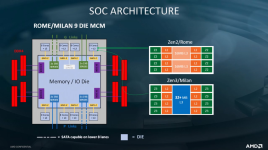Soldato
FYI
https://www.tomshardware.com/news/amd-ryzen-9-3950x-overclocking-watercooling-4.3-ghz,40555.html
Preliminary leaks show the 3950X is ~8% faster than the 18 core 9980XE.
https://www.tomshardware.com/news/amd-ryzen-9-3950x-overclocking-watercooling-4.3-ghz,40555.html
Preliminary leaks show the 3950X is ~8% faster than the 18 core 9980XE.




